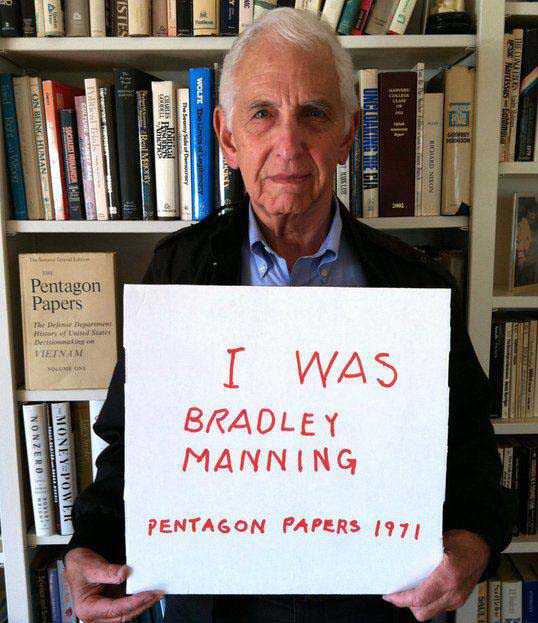Cagaptay: Turkey moves far beyond Europe
Editor’s Note: Soner Cagaptay is a Senior Fellow at the Washington Institute for Near East Policy and is the co-author, with Scott Carpenter, of Regenerating the U.S.-Turkey Partnership.
By Soner Cagaptay – Special to CNN
The Turks are selling pasta to the Italians, educating Papua-New Guineans in their universities, building airports in Egypt, running schools in Nigeria and establishing diplomatic missions in Latin America. Turkey has not felt and acted like the confident global player it is today since the heyday of the Ottoman Empire in the sixteenth century.
After the decline of the Ottoman Empire in the eighteenth century, the Turks tried to belong to Europe in hopes of eventually becoming an ordinary country subsumed by it. That dream has passed. In the past decade, a new Turkey was born, shaped by unprecedented political stability, domestic growth and new-found commercial and political clout overseas. This has instilled a sense of global confidence in the Turkish people, not seen since Suleiman the Magnificent ruled in Constantinople. “And the new Turkey is here to stay,” says Namik Tan, the Turkish ambassador to Washington.
Like a Eurasian China, the new Turkey is interested in building influence across the globe and is no longer confined by a regional, European rubric.
Recently, visiting Istanbul, I attended a conference on the Arab Spring organized by Abant Platform, a local NGO that gathers Turkish intellectuals of different stripes for policy debates. The conference – this time with attendees from Washington, Tel Aviv, London, St. Petersburg and Arab capitals in addition to Turks – debated Turkey’s leadership role in the Arab Spring.
The venue was Ciragan Palace, a former Ottoman residence on the Bosporus and an apt selection for the new Turkey. Over Turkish coffee served a la Ottoman with double-roasted Turkish delight on the side, Ali Aslan, a Turkish journalist, summed up the new Turkey for me: “Ten years ago, the Turks would not have organized a conference on the Middle East lest this made them look non-European. And if such a conference were ever conceived, it would be run by the government and staged in Ankara, with all the participants making arguments in favor of following Europe’s footsteps.”
The new Turkey looks beyond Europe and thinks globally for a variety of reasons. Turks feel confident as the world around them suffers from economic meltdown while Turkey booms: In the third quarter of 2011, the Turkish economy grew by a record 8.2 percent, outpacing not only the county’s neighbors, but also all of Europe.
Furthermore, since 2002, the Turkish economy has nearly tripled in size, experiencing the longest spurt of prosperity in modern Turkish history. The Turkish daily Sabah wrote that in 2011 alone, another 9,755 millionaires joined the country’s wealthy. Just as sudden spread of middle-class prosperity in 1950s United States instilled a can-do attitude in American sentiments towards the world, the same is now happening in Turkey. A young cab driver I spoke with in Istanbul said: “Europe is too small an arena for Turkey; we need to be a global player.”
Turkish trade is already heading away from Europe. The continent’s economic doldrums coupled with Turkey’s new trans-European vision means that the country’s traditional commercial bonds with Europe are eroding while its trade links with the non-European world flourish. In 1999, for instance, the European Union accounted for over fifty-six percent of Turkish trade. In 2011, this number went down to forty-one percent, while the share of members of the Organization of Islamic Countries in Turkish trade climbed from twelve percent to twenty percent in the same period.
Paralleling this trend, Turkey’s ruling Justice and Development Party (AKP) has pursued a foreign policy that transcends Turkey’s European vocation, irreversibly re-molding Turkey’s identity. “After suffering through eight coalition governments and four economic crises, the Turkish people have welcomed ten years of a stable AKP government even if it has meant entrenched single-party rule” says Asli Aydintasbas, a columnist with mainstream Turkish daily Milliyet.
Elected in 2002 and slated to pick the country’s next president in 2014, the AKP has already run Turkey longer than any other party since Ankara became a democracy in 1946. As it is likely to outlive even Ataturk’s fifteen-year domination of Turkish politics in the early twentieth century, the AKP’s global vision will continue to prevail.
Buoyed by economic dynamism, political stability, and a new supra-European vision, the Turks have accordingly reached far and abroad to build soft power in places they had earlier ignored, such as the Middle East, Africa and even far-flung countries such as Vietnam and Mongolia.
The private sector, universities and NGOs are driving this agenda, shaping the new Turkish supra-European identity. This trend can best be observed in cities dominated by the middle class: in Gaziantep, the country’s sixth largest town, as well as other middle-sized towns such as Kayseri, Konya, Malatya, and Denizli. Dubbed “the Anatolian Tigers” for driving the country’s record-breaking growth rate, these towns have also provided solid support to the AKP while linking Turkey to the Middle East, Africa and beyond.
Gaziantep, near the Syrian border, has factories that manufacture almost everything, selling goods to over 70 countries. The town’s pasta ends up on Italian dinner plates. In this sense, Gaziantep is like an Anatolian Guangzhou, the Chinese hub famous for selling its wares to the most distant and unlikely places.
But unlike Guangzhou, Gaziantep is also building soft power for Turkey. Zirve University in Gaziantep is a testimony to this. Funded by the local billionaire Nakiboglu family, which made its wealth recently in international commerce, the university has a gleaming campus that rises amid Gaziantep’s famous pistachio groves.
Visiting this campus is like visiting the new Turkey. Gokhan Bacik, a professor of international relations who studies Turkey’s new active Middle East policy, told me that already, over ten percent of the university’s student body is foreign despite the fact that the university opened only two years ago. Many students hail from the Middle East, especially nearby Syria, as well as the Balkans, Africa, the former Soviet Union, and even Europe. “We have students from Austria and Papua New Guinea,” he added.
Gaziantep is the epitome of the new Turkey. For years, it was known in Turkey for its heavenly pistachio nut-filled baklavas. Today, shops in the town’s gentrified medieval old city and along tram-lined streets in leafy middle-class districts proudly display the “world’s best baklava,” making a culinary claim to Turkey’s new global identity.
Additionally, businesspeople from Gaziantep and other Anatolian Tigers are busy financing and managing construction projects across the world, including Cairo’s new airport terminal and major projects from Russia to Mongolia. Others are launching schools to educate future elites in countries around the globe, including Nigeria, Morocco, Brazil, and Vietnam, demonstrating further soft power in the making. Most of these businessmen and schools belong to the Sufi-inspired Gulen Movement, a force to be reckoned with in the new Turkey. Mustafa Sungur, who sympathizes with the movement, says that the “Movement has Turkish schools in almost all countries of the world with the exception of authoritarian places such as North Korea, Iran and Saudi Arabia.”
In the end, it all comes down to Istanbul. By securing itself in the Middle East, the former Soviet Union, Asia, and Africa, the new Turkey is anchoring these regions in Istanbul. The city was the center of the Ottoman, Byzantine, and Roman empires for 1,700 years, and it is once again reclaiming its dominance as a global capital. Accounting for one-third of Turkey’s 1.1 trillion dollar economy, Istanbul’s wealth already dwarfs all of Turkey’s neighbors, expect for oil-rich Iran.
Yet, the city reaches even beyond Turkey’s immediate neighbors. Ten years ago, you could fly direct from Istanbul to a mere seventy-five international destinations, most of them in Europe, on Turkish Airlines, the country’s flagship carrier. Today, Turkish Airlines offers direct flights from Istanbul to over 150 international destinations. The majority of the new destinations are in Africa, the Middle East, and Asia, including Dhaka, Dar es Salam, and Damman. In Iraq alone, the airline serves six cities, providing the most connections between that country and the outside world, and in December, the company provided the first international connection to Misrata, Libya, beating the competition to reach Libya’s oil capital.
Turkey’s new global identity is increasingly shaping its foreign policy, as well. Like the country’s national airlines, its diplomats seem to be following Turkey’s businesspeople and reaching even further beyond. In the past decade, Turkey has opened up over forty new diplomatic missions, most of them in Africa and Asia, including Basra, Maputo, Accra, Juba and Yaoundé. It has also set up posts in Latin America and now has diplomatic reach in Bogota and Santiago.
This posturing suggests that Turkey’s new supra-European identity and global confidence is here to stay. That, of course, requires the Turkish economy to keep humming and the country to remain stable. If Turkey plays its hand well, the same economic factors responsible for facilitating its rise beyond Europe will continue to help it maintain its confident global outlook.
Take, for instance, Turkey’s current accounts deficit which stands at a whopping 9.8 percent, the highest figure among the forty-two developed economies recently reviewed by The Economist. Most economies cannot sustain such a high deficit, but it is likely that Turkey can due to its position of stability amongst its neighbors, causing a steady flow of money into the country.
My brother Ali Cagatay, Bloomberg Turkey’s news editor, told me that as much as six billion dollars have flowed into Turkey from Iran, Iraq, Syria, Lebanon and the former Soviet Union in the first ten months of 2011 alone, helping the country’s economy to finance its deficit. In Hatay province, which borders Syria, bank deposits have increased by 1.1 billion dollars in the past year, thanks to wealthy Syrians who are putting their money into Turkey for safeguarding. “In addition to money coming in from its non-European neighbors, Turkey also attracts massive inflows from European and other Western banks which see Turkish markets as a rare safe haven in these tumultuous times,” adds a Turkish banker based in London.
This is why it is essential that the new Turkey is a responsible global player. The need for continued stability is the very reason Turkey cannot afford to be a bully. Take, for instance, Ankara’s threats to Israel over the flotilla incident. After Israel refused to apologize, some officials threatened to send the Turkish navy to confront the Israelis. It is in Turkey’s best interest to avoid conflict, which is the reason Ankara stepped away from confrontation with Israel.
Turkey is confident and can afford to look beyond Europe because it continues to grow. And Turkey grows because it is deemed stable and investment grade while the world around it goes through economic and political convulsions. A belligerent foreign policy and political instability would almost certainly usher in economic instability, ending Turkey’s run for global influence. In short, the new Turkey’s soft power rests on Turkey being a soft country.
The views expressed in this article are solely those of Soner Cagaptay.
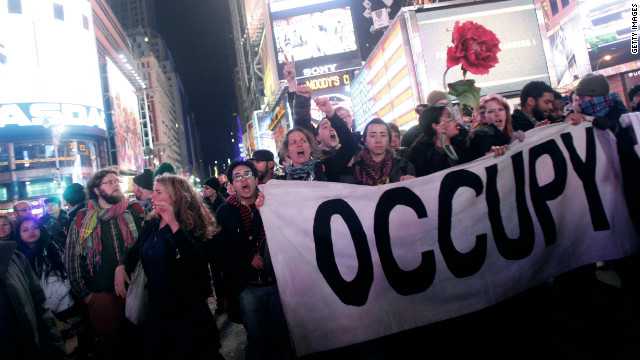


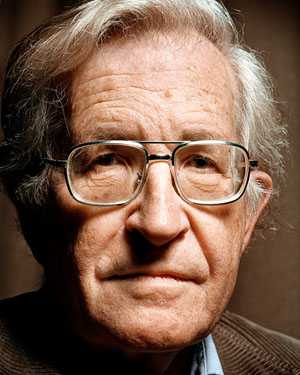
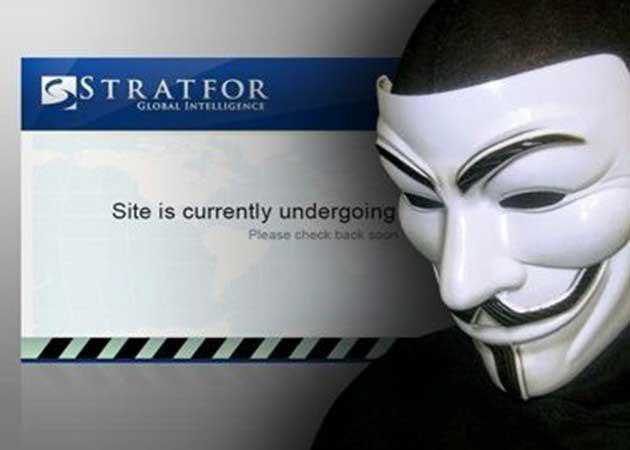
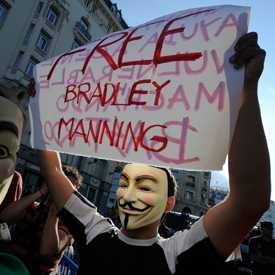 Members of the activist hackers group, Anonymous, calling themselves ‘Antisec’, posted links on the internet to what they said were 75,000 names, addresses, credit card numbers and passwords for Stratfor clients.
Members of the activist hackers group, Anonymous, calling themselves ‘Antisec’, posted links on the internet to what they said were 75,000 names, addresses, credit card numbers and passwords for Stratfor clients.